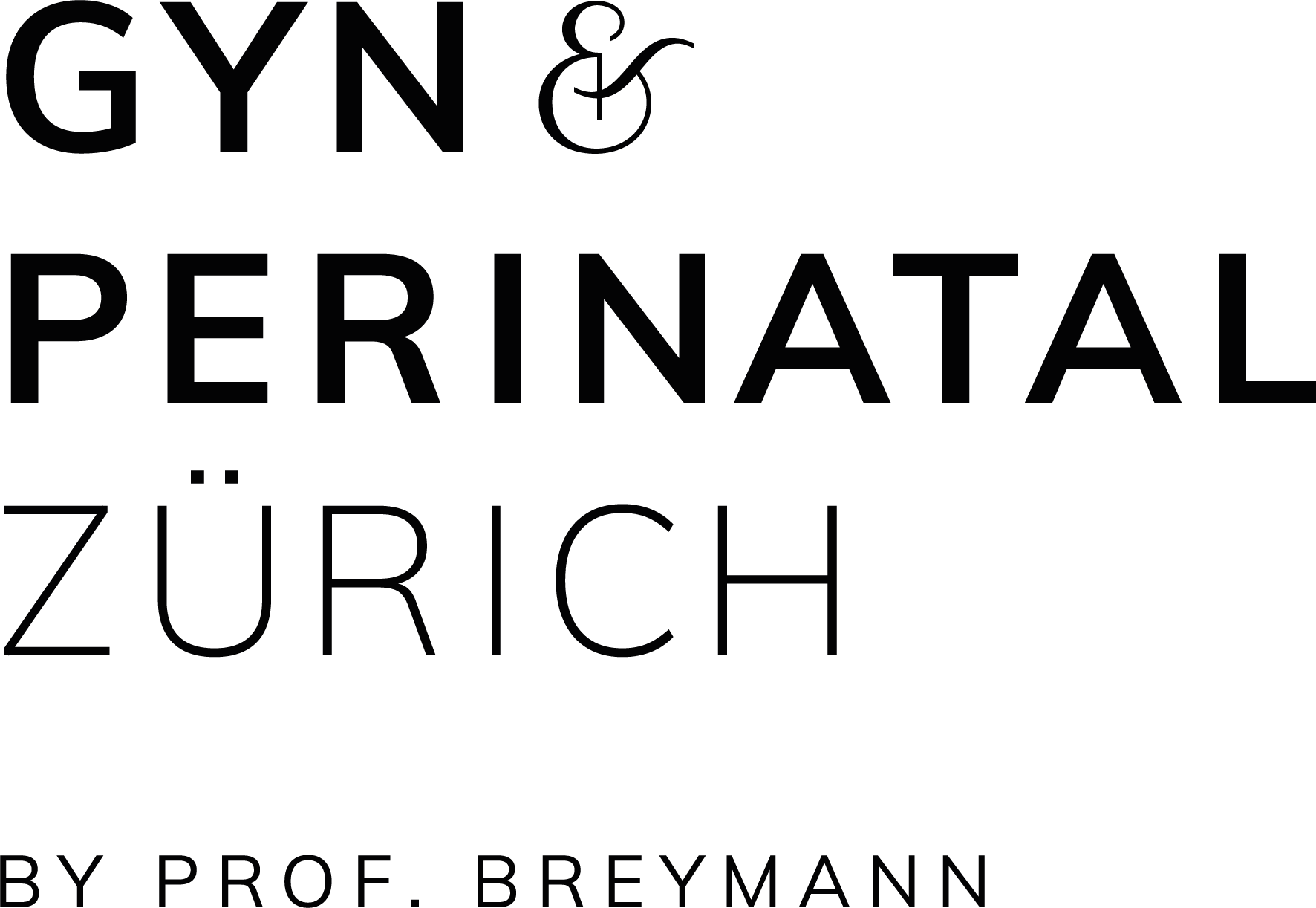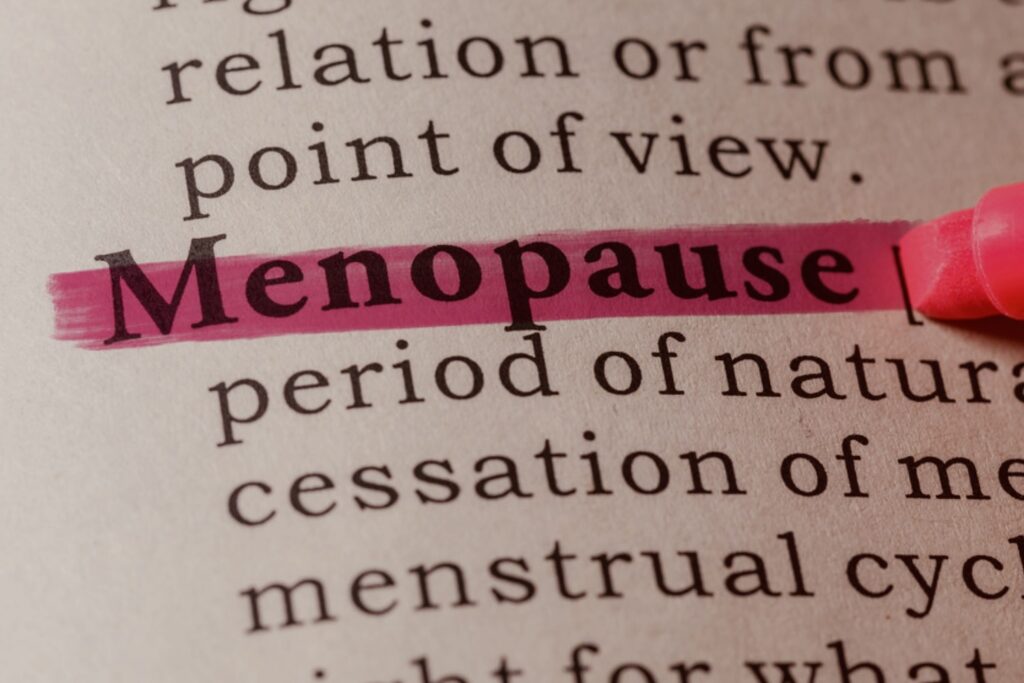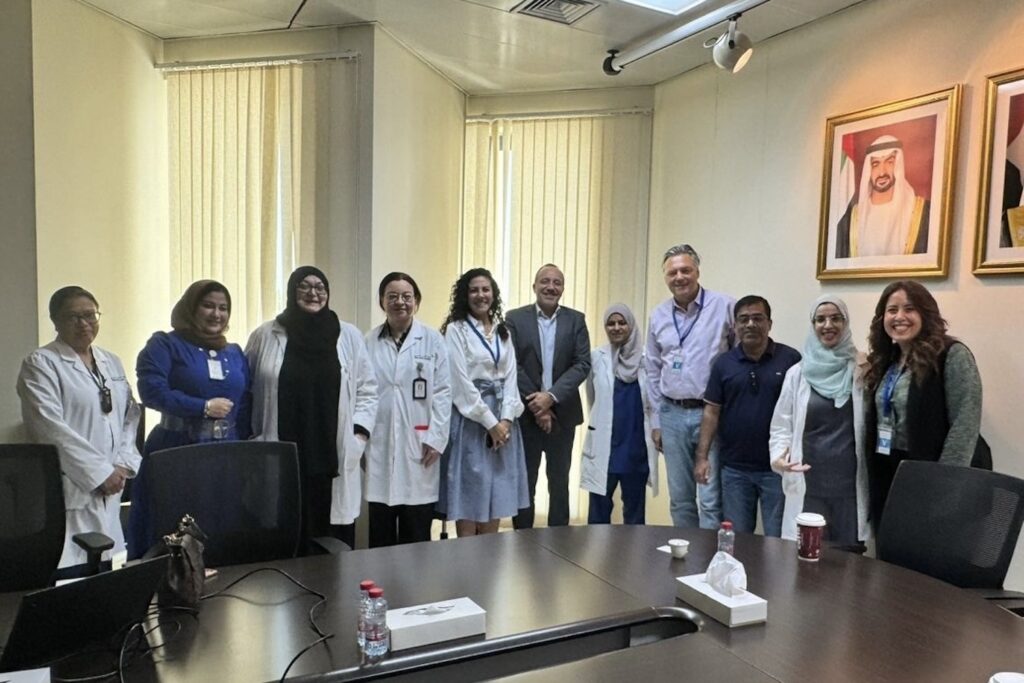Iron deficiency with and without anaemia
At the 5th Iron Academy (2012) "Recognising iron deficiency and treating it correctly", the focus was on practical aspects of iron deficiency. The main topics were iron status in premenopausal women, then anaemia in older people and especially in those with upcoming major orthopaedic surgery. In-depth workshops and a panel discussion on iron therapy in general practice rounded off the challenging programme.
As an experienced gynaecologist, Professor Dr Christian Breymann, Gynaecology & Obstetrics Seefeld, Zurich, reported on the insufficient iron supply of younger premenopausal women. He pointed to an interplay of unfavourable factors that can quickly lead to a negative iron balance. Nutritional status, lifestyle and medical situation play a decisive role. If a low iron intake is associated with a high demand, increased iron losses (e.g. menstruation) or malabsorption, clinical manifestations of iron deficiency must be expected.
Iron deficiency with and without anaemia
Women of childbearing age represent the most important risk group for iron deficiency. While all therapeutic measures are taken for iron deficiency with anaemia, the effects of iron deficiency without anaemia (IDWA) have long been underestimated. However, an iron value in the normal range is no guarantee for health, well-being and resilience. Intervention studies have shown that fatigue - among other accompanying symptoms of IDWA - responds well to iron supplementation.
Data situation: Iron i.v. in IDWA
Der Referent verwies auf die pla- cebokontrollierte FERRIM-Studie mit Eisensaccharat (Venofer®), die zeigen konnte, dass bei Frauen mit IDWA und einem Ferritin- wert < 50 ng/ml eine signifikante Verbesserung der Fatigue zu beobachten war: Nach 12 Wochen hatte sich die Fatigue bei 63 % vs. 34 % (unter Placebo) signifikant gebessert (p=0,006).
This pilot study was followed by the PREFER study with iron carboxymaltose i.v. (Ferinject®)*, which was now presented at the 2012 annual congress of the German Society for Internal Medicine (DGIM). In this study, the efficacy and safety of a single dose of 1000 mg iron carboxymaltose was tested in comparison to placebo in 290 premenopausal women with fatigue symptoms who were iron-deficient but not anaemic. The primary endpoint, improvement in fatigue, was met.
Anaemia in old age is not normal
Anaemia in older people should be diagnosed in the same way as in younger people - and should not be treated as a normal symptom of old age. Dr Daniel Weyermann, Head Physician, Tilia Care Centre, Ittigen, provided numerous arguments why anaemia in old age should not be taken lightly. From the age of 65, the anaemia rate doubles about every 10 years. Of those over 85, just under a third have anaemia. The most common causes:
35 % Concomitant anaemia,
15 % Iron deficiency,
10 % Anaemia after blood loss
10 % Vitamin B12 and folic acid deficiency
Elderly patients with anaemia have a higher hospitalisation rate and spend almost twice as many days in hospital as patients without anaemia; in addition, mortality is higher with anaemia (37 % vs. 22.1 %).3 The increased mortality risk is particularly evident in anaemic patients with acute myocardial infarction, heart failure, chronic renal failure and tumour disease.
Consequences of anaemia in old age
Anaemic seniors also have more problems in everyday life:
Repeated falls are almost twice as frequent as in non-anaemic controls, they are slowed down in their executive functions and one has to expect a higher risk of dementia (HR 1.6).
In the treatment of anaemia in old age, one must primarily look for treatable causes. And building blocks of haematopoiesis (iron, vitamin B12 and folic acid) must be provided, said Dr Weyermann. An oral substitution of iron can be tried; however, it often fails due to gastrointestinal side effects and absorption problems. Then i.v. administration is a proven option.
Evidence: Symptoms of iron deficiency
Prof. Breymann mentioned a number of symptoms that can be associated with iron deficiency:
Fatigue
reduced learning ability
reduced performance
behavioural disorders
depression
disturbed thermoregulation
hair loss
sleep disorders
impaired immune function







